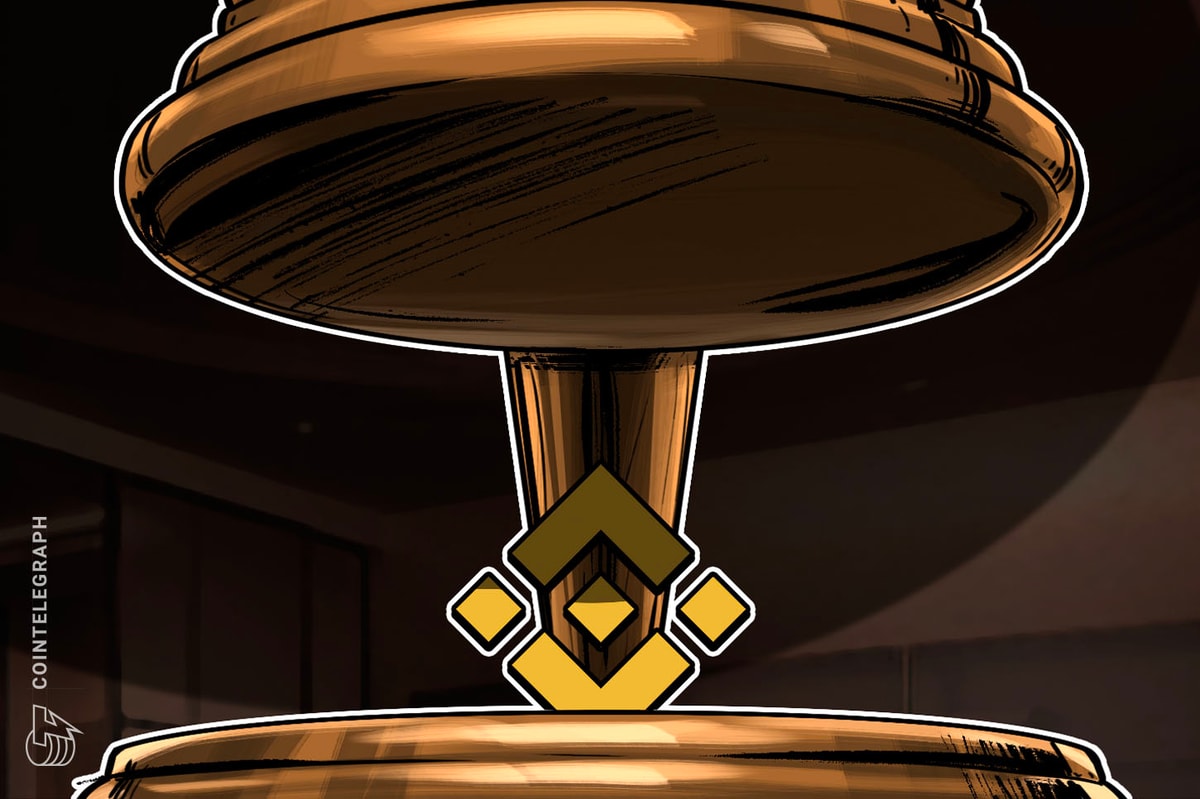Nigerian committee summons Binance CEO over financial crime suspicions

The Nigerian House of Representatives Committee on Financial Crimes has called Binance CEO Richard Teng to appear before the committee over suspicions of terrorism financing and money laundering.
According to a local news outlet, Punch, the committee’s Chair, Ginger Onwusibe, issued an ultimatum to the management of Binance on March 1 to appear before the committee on or before March 4, 2024.
The governor of the Central Bank of Nigeria (CBN) raised concerns on Feb. 27 about Binance, alleging “suspicious flows” of funds through the exchange in 2023.
Onwusibe warned that if Binance ignores the summons, the committee will exercise its constitutional authority and take necessary actions. According to Punch, in a letter dated Dec. 12, 2023, signed by Onwusibe, the committee called for Teng to appear before a hearing on Dec. 18, 2023.
Onwusibe expressed his disappointment at Teng for not attending despite multiple invitations. Onwusibe emphasized that it relates to the complete neglect of existing laws governing business and financial operations in the country.
Onwusibe reiterated the committee’s commitment to combating financial crimes, emphasizing that the constitution empowers them to safeguard Nigerians from financial crimes, particularly those involving foreign companies.
Related: Nigeria denies report of $10B Binance fine
The National Security Adviser’s office has also reportedly detained two senior Binance officials in the Nigerian capital, Abuja, as the government looks to crack down on cryptocurrency exchanges to tame the speculation about its fiat currency, the Nigerian naira. Binance removed the naira from its peer-to-peer (P2P) service on Wednesday, Feb. 28, amid a crackdown on the crypto exchange.
The P2P feature allows users, buyers and sellers to trade without involving a third party. It became popular in Nigeria in 2021 following the government’s ban on its thriving crypto industry during former President Muhammadu Buhari’s administration.
However, in December 2023, the CBN lifted a two-year ban on banks engaging in crypto transactions and issued guidelines for regulating virtual asset service providers simultaneously. Nigeria was the second country to launch a central bank digital currency in 2022. In February, the Africa Stablecoin Consortium also launched the naira-pegged cNGN stablecoin in a CBN regulator sandbox.
Magazine: Bitcoin in Senegal: Why is this African country using BTC?



